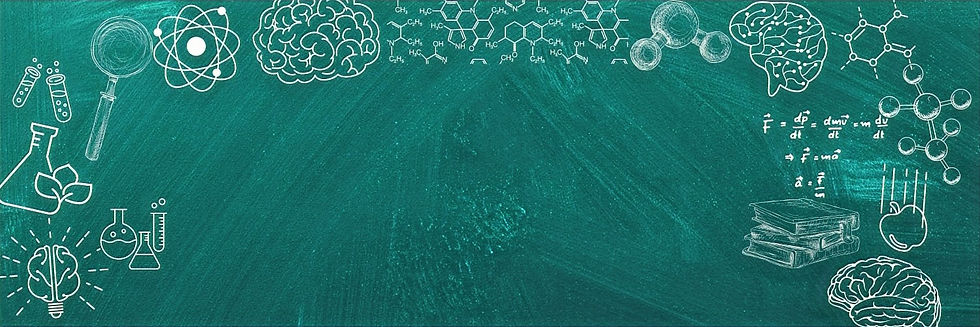

What do we do in dip -
detox information project?
DIP is the first digital and information literacy project in Colombia that uses behavioral science, communication and technology to help the country reduce its vulnerability to misinformation and polarization. We use our D.E.T.O.X method to help people and organizations detoxify the environments in which they share and use information, designing fun and easy-to-use tools that empower people in the face of fake news and disinformation.
DIP is an ETHOS BT project, an innovation center and behavioral science consultancy that uses science, evidence and communication tools to improve human interaction and bring benefits to both organizations and society.


The numbers show that we must confront disinformation
87% of Colombians consume information on social networks, while only 58% do so with television and 24% with print media(1).
67% of Colombians use Facebook to consume and share news, and 45% use WhatsApp(2).
We don't yet have studies about the impact of disinformation in Colombia. In the United States, 75% of young people believe the fake news to which they are exposed(3). In Colombia, 60% of people of voting age report having believed false news to which they were exposed (4).
1. The Digital News Report 2021
2. The Digital News Report 2021
3. Silverman, 2016
4. Figures & Concepts; Vallejo 2019, Polymetric Survey
what challenges do we face?

Today, anyone can have a global reach in a matter of hours, without going through any filter or being responsible for what they generate or share.

Social media has become the main source of news consumption and the algorithms to which we are exposed in social media make us mostly exposed to opinions and information that confirms what we want to see of reality. However, they prevent us from having access to complete information.

In addition to the different mental shortcuts we all have and our beliefs, this generates an environment conducive to polarization, discrimination and computer manipulation.

Science shows us that correcting false information, while important, does not heal the damage. A very small proportion of people correct their perceptions when it is made clear to them that information they previously thought to be true is false.(*)
(*)Keersmaecker & Roets (2017)
What are behavioral sciences and how do they contribute to solving the problem of misinformation?
Behavioral science brings together what behavioral economics and behavioral change do and is a broad term for the disciplines that study human behavior, the factors that motivate it, and the tools we have available to help people engage in behaviors they want and that contribute to the well-being of society.
The behavior of sharing fake news and the factors that motivate it is at the heart of the disinformation problem. If fewer people believe and share fake news, the less impact this situation will have on our country and our democracy.
This is why DIP brings to Colombia an innovative and scientifically backed vision to approach the problem of disinformation. We use behavioral science to understand the factors that influence the creation and sharing of false news and to design a fun, easy-to-use solution that empowers Colombians in the use of information.

Our song
turn on the volume
Composition, voice and arrangements: Eduardo Jose Vallejo; Bass and mix: Jorge Enrique Vallejo; Percussion: Pedro Acosta.
Thanks to family and friends who helped with voices.
the team

Beatriz Helena Vallejo
Executive director
Msc Behavioral Change (UCL), MA in Economics and Economist – (Uniandes)-.
"I decided to create DIP because I want to contribute so that Colombia can build on differences, reducing the biases that make us vulnerable to disinformation and that generate hatred, violence and polarization in our country"

Jairo Briceño
Strategic Management Manager
MBA (The Hague University), PMP (PMI)
Engineer (U. Javeriana)
"I am part of DIP because I envision a future where people respect and celebrate diversity."

Natalia Ramos
Alliance and Communications Coordinator
Communicator and Journalist (UMD), Diploma in Marketing and Social Media (UMD)
“DIP is a project that aims to build a stronger democratic country by combating information manipulation through behavioral sciences. I joined DIP to contribute my knowledge to this crucial purpose for the country.”
People who have made a mark on this project.
Don't miss out on our tools and events. Join the DIP community NOW - Together we will beat misinformation













